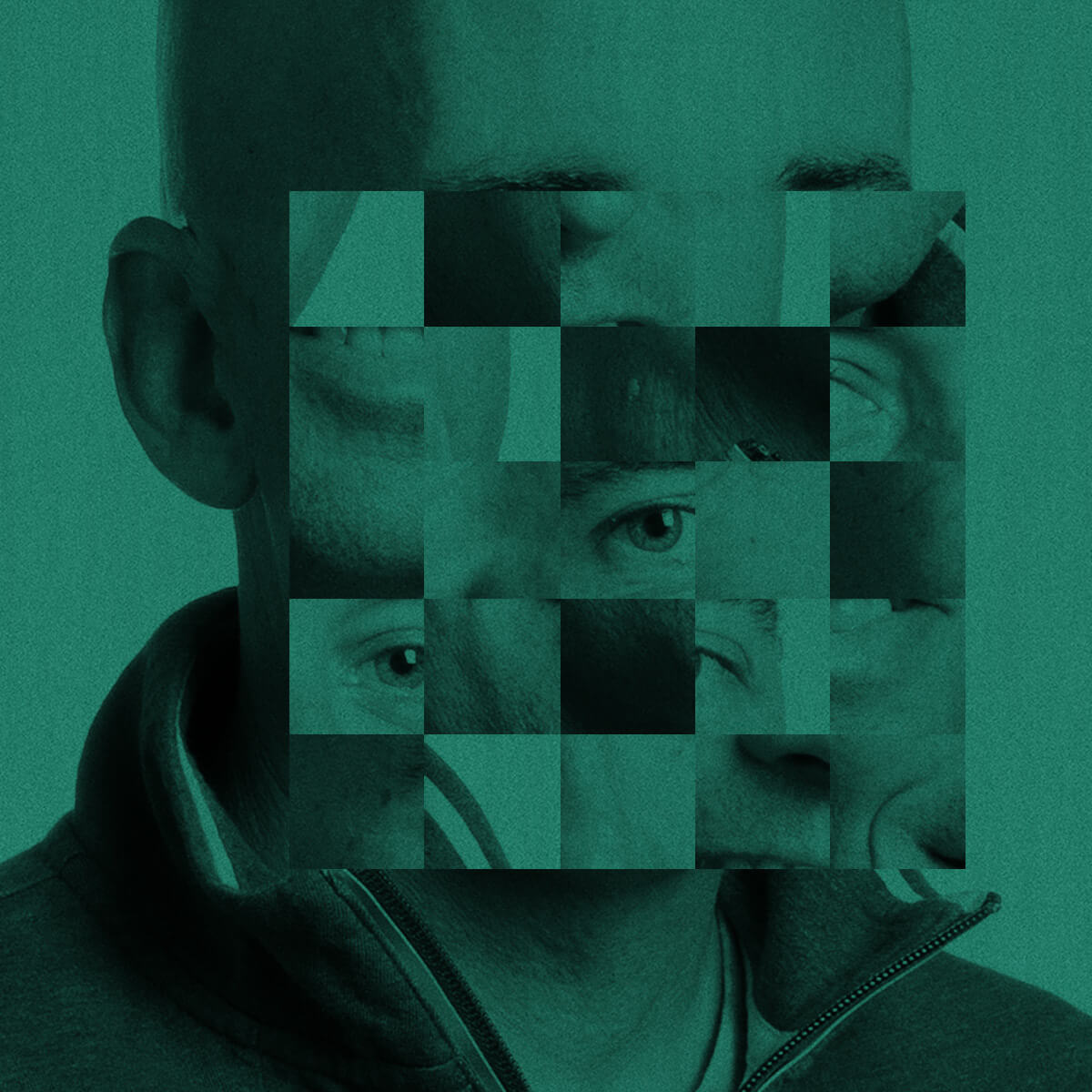Decipher Podcast: Reddit’s Matt Johansen on Identity Attacks, Enterprise Security, and Burnout
Reddit's head of application security Matt Johansen joins Dennis Fisher to talk about the highlights of Black Hat USA, the

He is one of the co-founders of Threatpost and previously wrote for TechTarget and eWeek, when magazines were still a thing that existed. Dennis enjoys finding the stories behind the headlines and digging into the motivations and thinking of both defenders and attackers. His work has appeared in The Boston Globe, The Improper Bostonian, Harvard Business School’s Working Knowledge, and most of his kids’ English papers.

Reddit's head of application security Matt Johansen joins Dennis Fisher to talk about the highlights of Black Hat USA, the
Risk management is not one of humanity's strong points, but we can learn some lessons from our own real life experiences to apply
As software systems have become ever more complex, the opportunity for security researchers to show their value has grown, as
Exploits for the critical F5 BIG-IP flaw (CVE-2022-1388) are now circulating online and malicious actors are scanning for it.
GitHub will require 2FA for all users who contribute code on the platform by the end of 2023.
Several versions of curl and the curl library contain a pair of security flaws.
The ProxyShell, Log4J, and Zerologon bugs were among the most commonly exploited ones in 2021, according to a new advisory from the NSA and other agencies.
Don Smith of the Secureworks CTU joins Dennis Fisher to discuss the effects of the Conti leaks, the ransomware landscape, and how law enforcement and researchers are countering attackers' ploys.